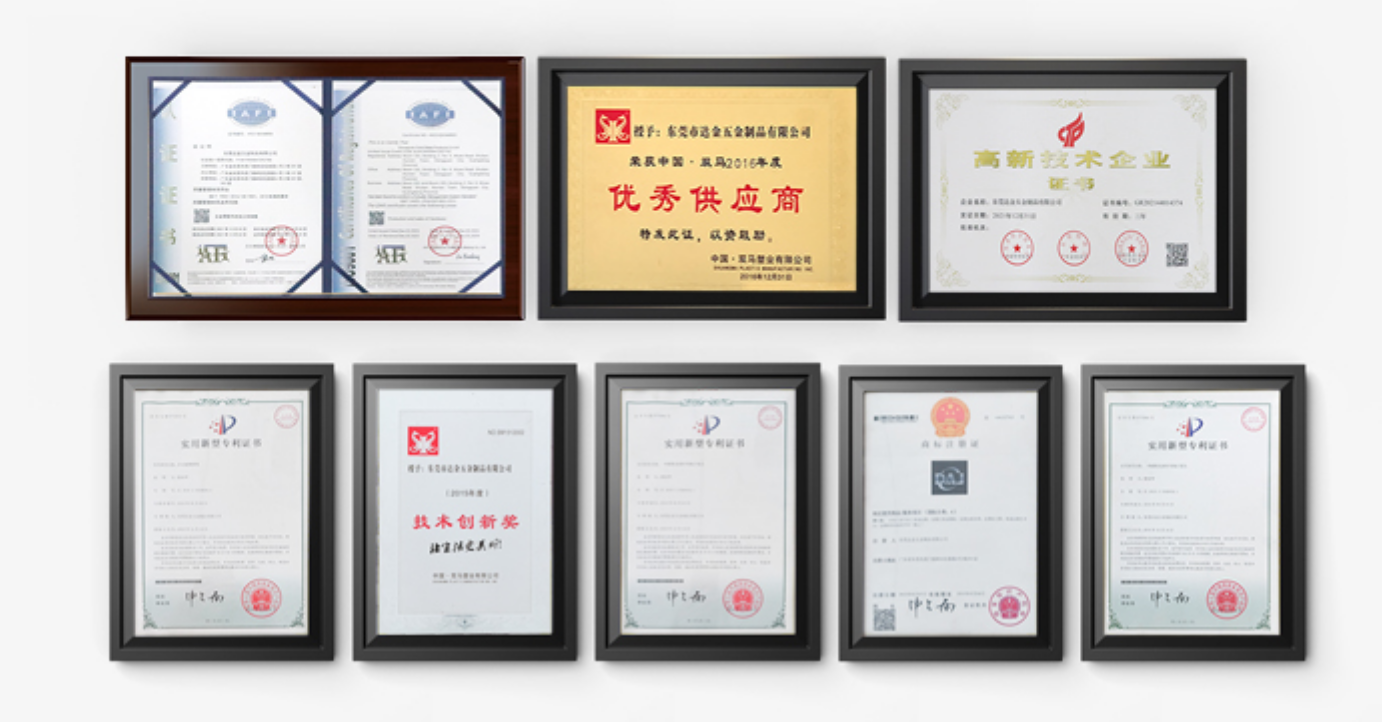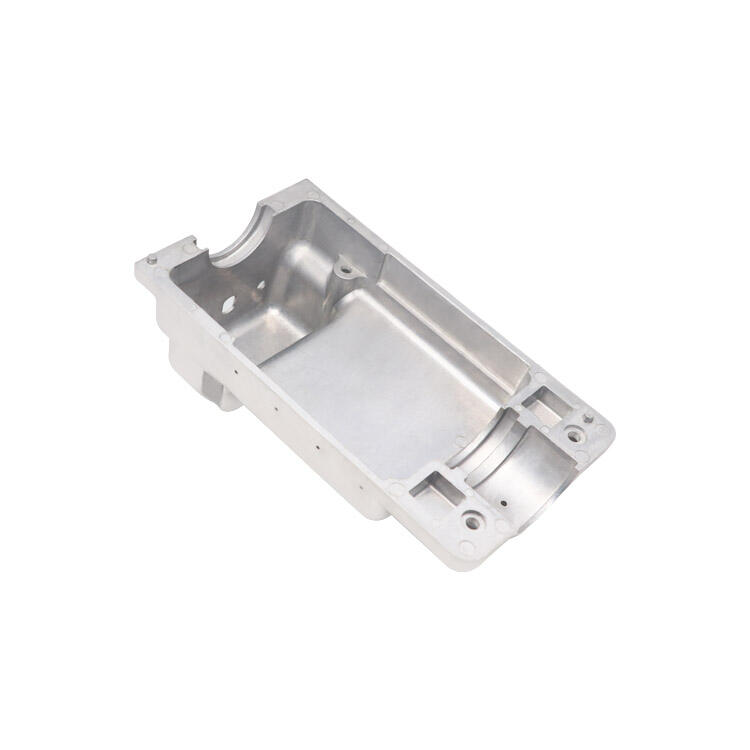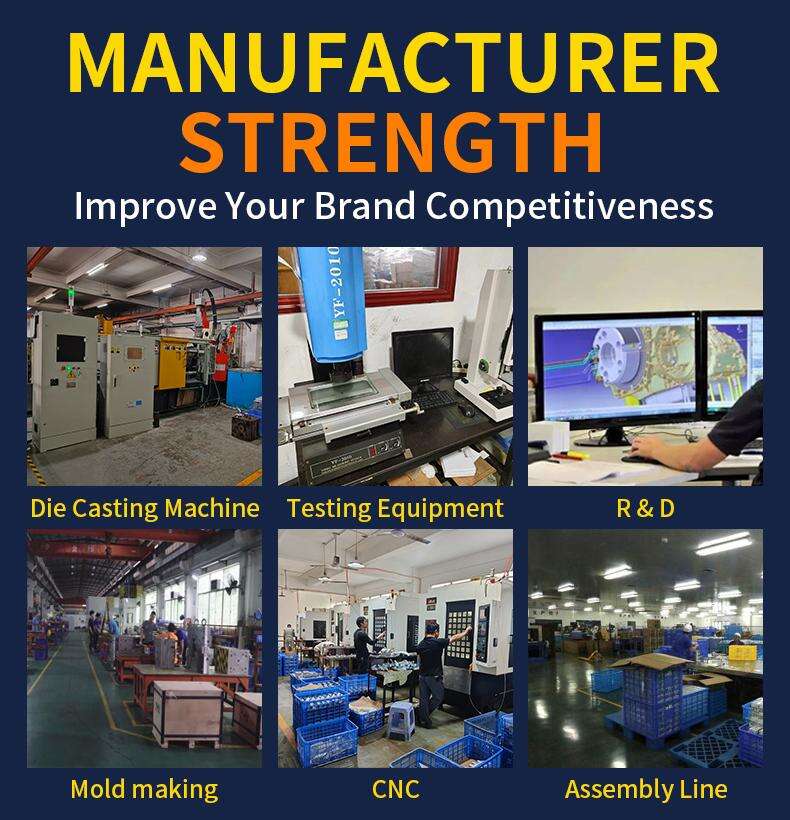aluminium casting parts
Aluminum Casting parts are high-performance, sophisticated components widely used in various industrial arts. These parts are made by a casting process in which molten aluminum is poured into a mold and allowed to harden. The primary functions of aluminum casting parts are to provide structure, enclose components and enable the assembly of complex industrial machinery and a variety products. It is quick to produce aluminum parts with an excellent appearance, light weight, great strength and corrosion resistance. Technologically advanced features such as high thermal conductivity, excellent corrosion resistance, complex shapes fabricated from material with consistent color to name just three all help make aluminum castings extremely popular. These parts are used in industries such as automobile manufacturing, aerospace system engineering, electronics product development and construction engineering, wherever the application requires light components that are strong and durable.


